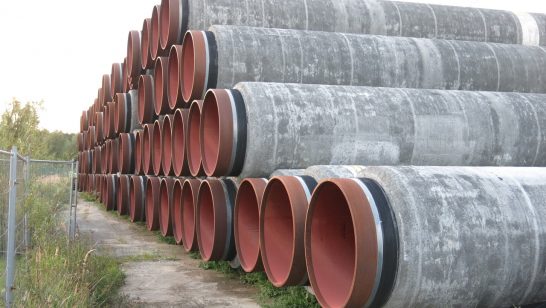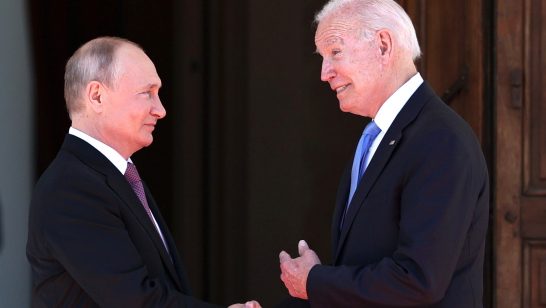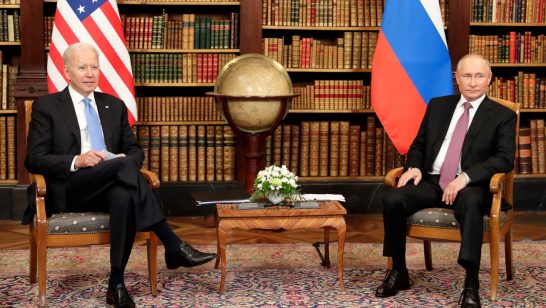
In July the US and Germany announced that they have reached an agreement regarding the Nord Stream 2 pipeline, suggesting that US sanctions targeting the project will soon be a distant memory. A transatlantic deal on Nord Stream 2 is nothing short of extraordinary, given that US president Joe Biden called his Russian counterpart Vladimir Putin a “killer” only a few months ago. However, the US apparent change of heart makes sense, when one looks at the bigger picture from a pragmatic, long-term stance: imposing further sanctions on Nord Stream 2 would only have benefitted Russia by fuelling diplomatic tensions between the US and Europe.
Nord Stream 2 is problematic for several reasons. The project’s opponents argue that the pipeline will increase Europe’s dependence on Russian gas, giving the Kremlin more leverage to advance his interests in the EU. They also believe that Nord Stream 2 represents a threat to Ukraine: once the pipeline is operational, Russian gas will no longer have to transit Ukraine to reach Europe. This is bad news for Kiev: in the coming years, Ukraine will stop receiving the roughly US$2bn that it gets annually in transit fees. More recently, the plight of Kremlin critic Alexei Navalny has led to renewed calls for the pipeline project to be scrapped in retaliation for Moscow’s human-rights abuses.
Faced with such strong objections to Nord Stream 2, why is the US administration now letting the matter go? The answer is that the US government appears to have decided that pragmatism must trump principle. One way to look at things is to try to guess what would have happened if the US had adopted a tougher approach against Nord Stream 2 and imposed stringent sanctions that derailed the project. The construction of the pipeline was completed by Russian ships whose captains are more than happy to be under US sanctions (they take them as a badge of honour). This means that the only option for the US to kill the project would have been to sanction the European firms that will be involved in the insurance and certification of Nord Stream 2 before it enters into operations.
The US would risk a major political backlash if it threatened to impose sanctions on those EU companies that will work on the project. Resentment of existing US sanctions targeting the dealings of European firms is already running high in Europe. Threatening to sanction German insurance and certification businesses would create a major transatlantic diplomatic crisis. Most European countries, even some that oppose the pipeline, would probably side with Germany and condemn US sanctions as abusive. Sanctions would backfire: they would have the effect of encouraging European countries to unite and back the pipeline in the face of US penalties.
Inflicting more punishment on Nord Stream 2 would also give credence to the view, widespread in Europe, that the US is targeting the pipeline in a bid to boost American LNG exports to Europe. Declarations by US senator Ted Cruz, a staunch critic of Nord Stream 2, that “the United States is again delivering a form of freedom to the European continent […] in the form of liquefied natural gas” do nothing to help dispel such claims. Whether this theory is true does not matter. The Biden administration is keen to distance itself from the Trump presidency and avoid being seen by Europe as using bullying tactics, such as sanctions, to get its way.
The opinions articulated above represent the views of the author(s) and do not necessarily reflect the position of the European Leadership Network or any of its members. The ELN’s aim is to encourage debates that will help develop Europe’s capacity to address the pressing foreign, defence, and security policy challenges of our time.
Image: Flickr, Jürgen Mangelsdorf



